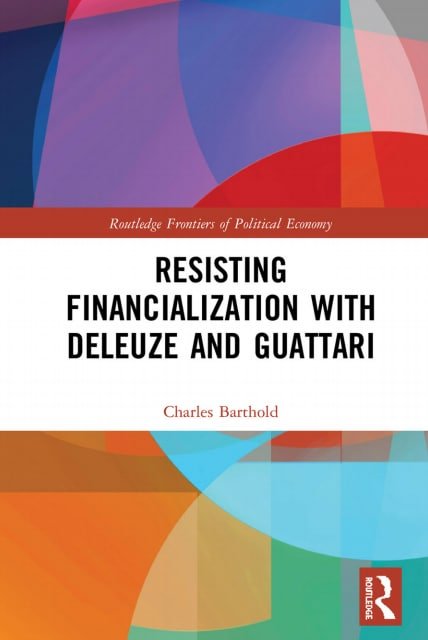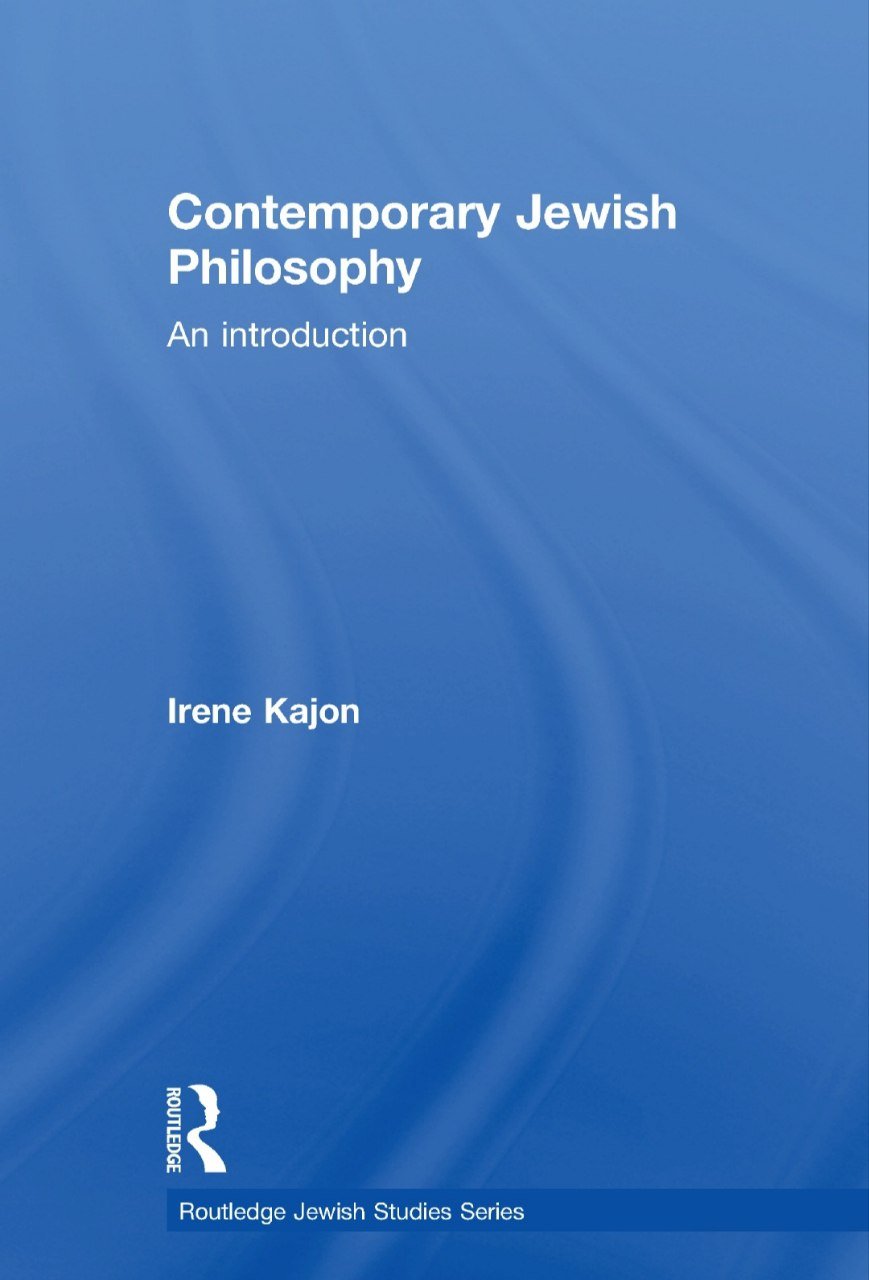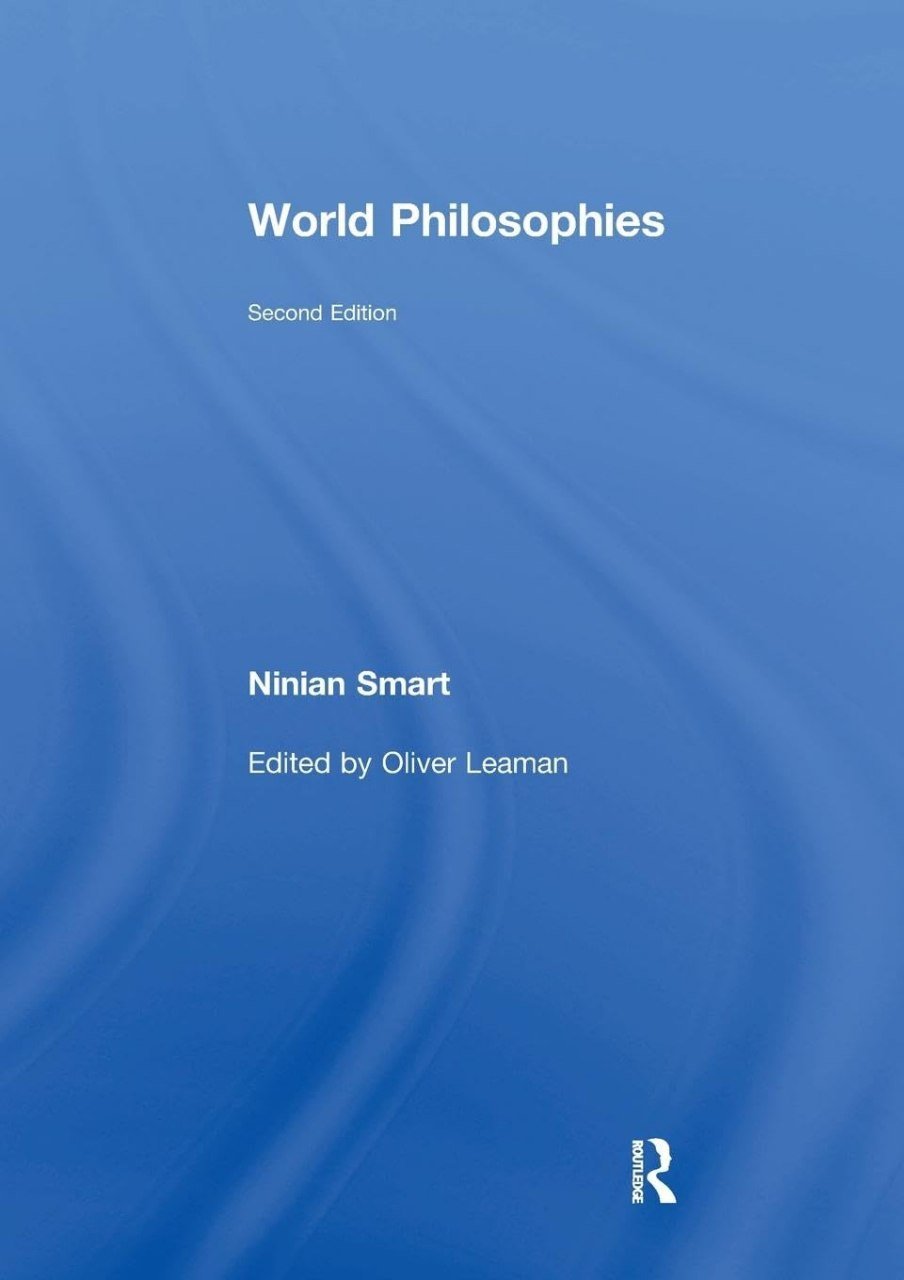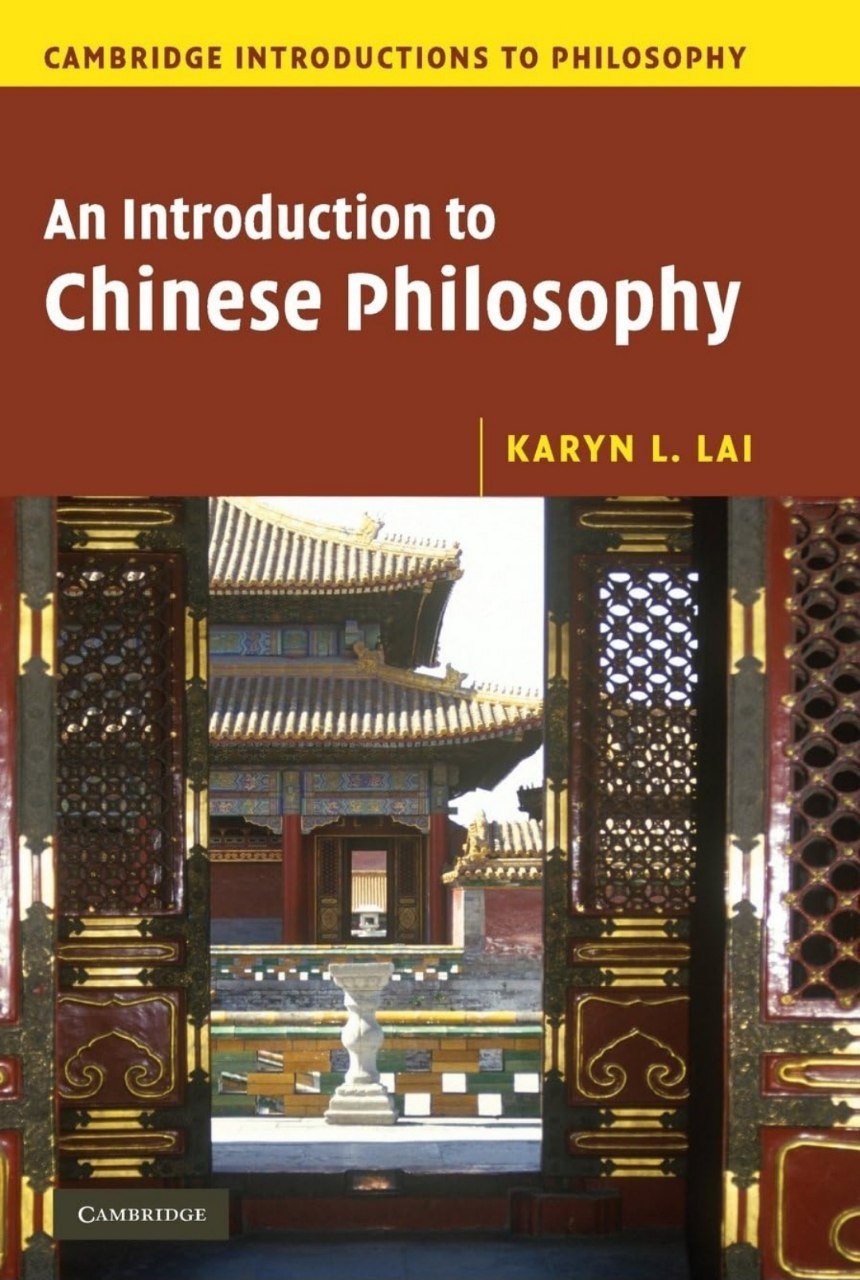

Deleuze Beyond Badiou
Reviews
No review yet. Be the first to review this book!
Description
Deleuze Beyond Badiou: Ontology, Multiplicity, and Event by Clayton Crockett is an incisive and thought-provoking examination of the philosophical relationship between Gilles Deleuze and Alain Badiou. Crockett engages critically with Badiou's influential reading of Deleuze, particularly Badiou's claim that Deleuze is ultimately a thinker of the One, despite his professed commitment to multiplicity. Through a careful and detailed analysis, Crockett argues that Badiou's critique not only misrepresents Deleuze’s philosophy but also highlights important divergences in their respective ontologies of multiplicity and event. At the core of Crockett's argument is the assertion that Deleuze offers a more radical and productive account of multiplicity than Badiou allows. Whereas Badiou’s ontology is grounded in set theory and the mathematical formalization of the multiple, Deleuze’s philosophy is rooted in a dynamic conception of difference and becoming that resists such formalization. Crockett contends that Deleuze’s emphasis on immanence, virtuality, and the univocity of being opens a different path for thinking the event—one that is less constrained by the logical limits Badiou imposes. The book explores key Deleuzian concepts such as the virtual, the plane of immanence, and the rhizome, contrasting them with Badiou’s notions of the event, truth procedures, and the void. Crockett highlights how Deleuze’s philosophy maintains a commitment to creativity, difference, and the affirmation of life, offering an alternative to Badiou’s more austere and formalized approach to ontology and politics. Deleuze Beyond Badiou not only clarifies the stakes of this critical encounter between two of contemporary philosophy's most significant figures but also contributes to broader debates about ontology, politics, and subjectivity. Crockett's work is essential reading for those interested in continental philosophy, Deleuzian studies, and the ongoing dialogue between French post-structuralism and contemporary metaphysics.


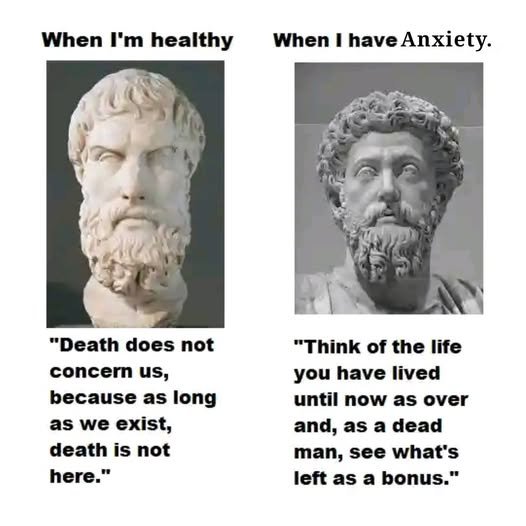









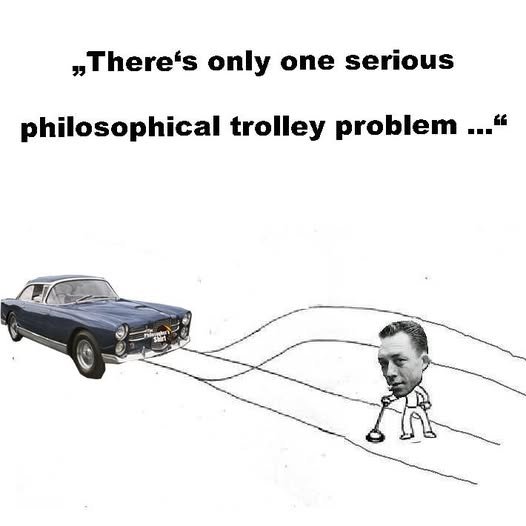









.jpeg)
.jpeg)
.jpeg)




.jpg)


.jpeg)


.jpeg)



.jpg)












.jpg)




.jpg)










.jpg)



.jpg)

.png)




.jpg)


.jpg)


















